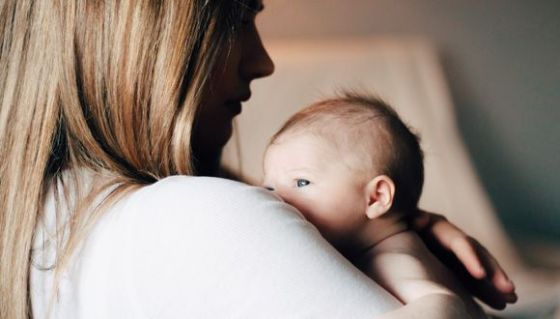We may have some good news: Covid-19 vaccination of nursing mothers might actually work to protect not only them, but their babies as well. This was found in a new study conducted jointly by Tel Aviv University and the Tel Aviv Sourasky Medical Center – Ichilov, in order to find out whether Pfizer’s COVID-19 vaccine was effective in producing antibodies in breast milk, and also to determine the qualities of these antibodies (whether they have the potential to neutralize the virus).
The study was conducted during the months January and February 2021, shortly after the vaccines arrived in Israel, and included 10 breastfeeding mothers. The volunteers received two shots of the vaccine, 21 days apart, and the levels of antibodies in both their blood and breast milk were tested at four points in time, following vaccination.
Blood and breast milk, it was found, are well synchronized with regard to the rise of the levels of the specific antibodies generated by the vaccine. In both blood and breastmilk, the significant increase occurs 14 days after the first shot, and continues 7 days after the second shot. The antibodies that develop in breastmilk hold the potential to neutralize the virus, and thus prevent the disease, by blocking the virus from binding with receptors on host cells.
The leading research team at Tel Aviv University included Dr. Yariv Wine and the PhD student Aya Kigel from the
Shmunis School of Biomedicine and Cancer Research at the
Faculty of Life Sciences. The team at the Lis Maternity and Women’s Hospital at the Tel Aviv Sourasky Medical Center was led by Dr. Michal Rosenberg-Friedman and Prof. Ariel Many.
The paper is currently undergoing peer review and can be read here >>

